Heroic in its ordinariness

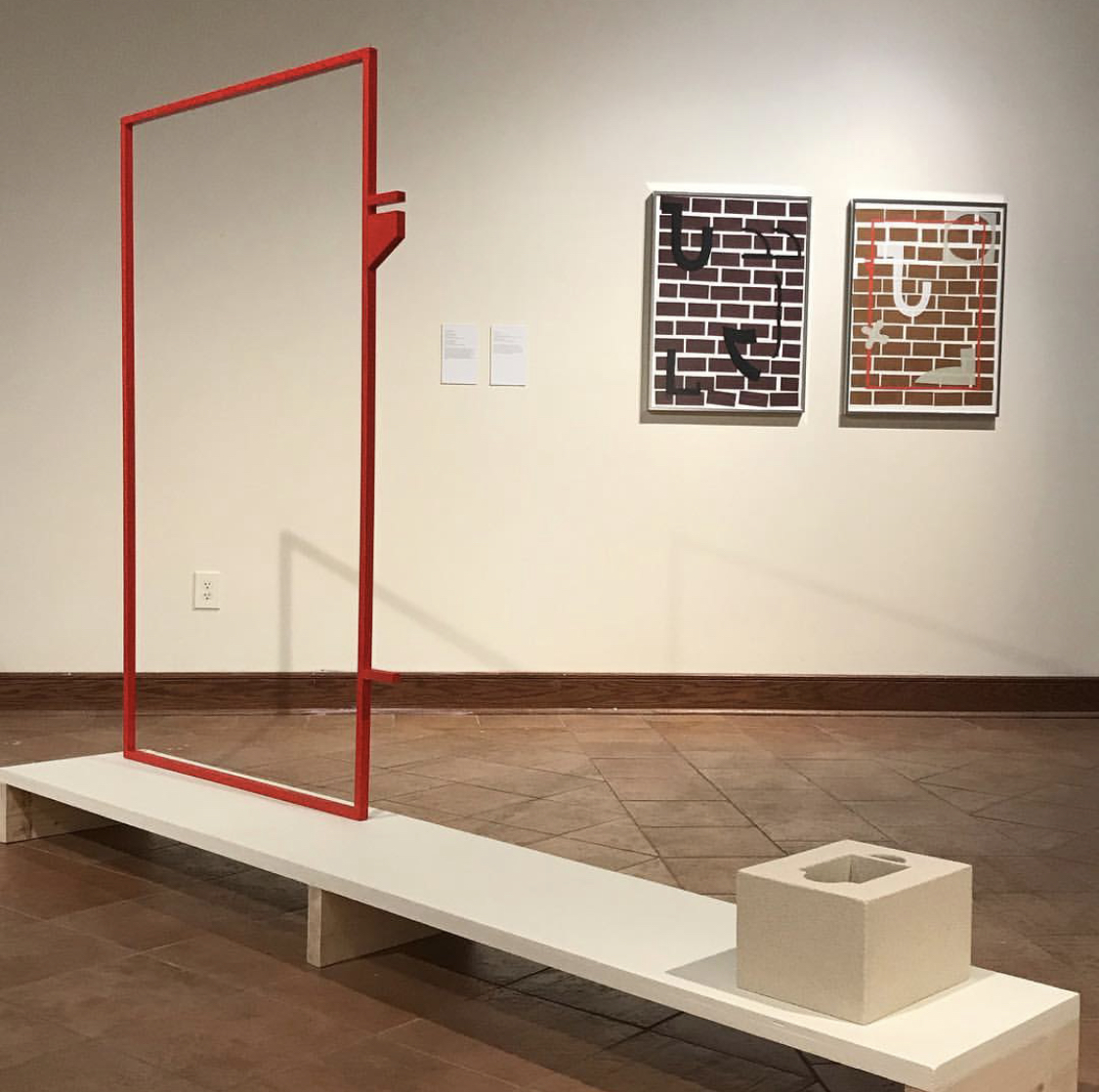
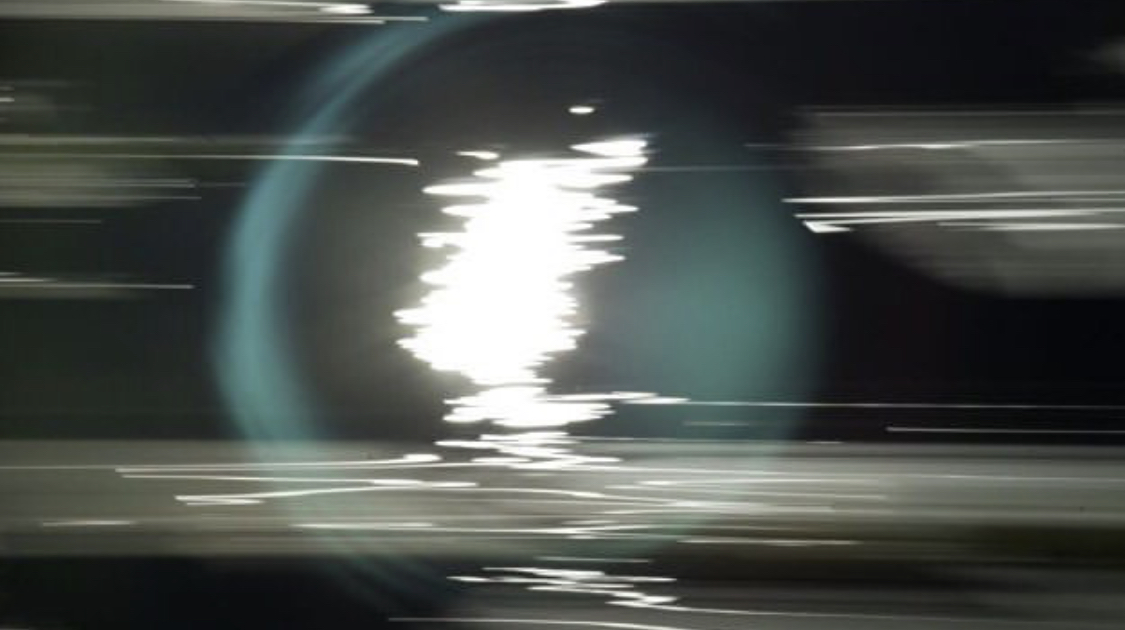
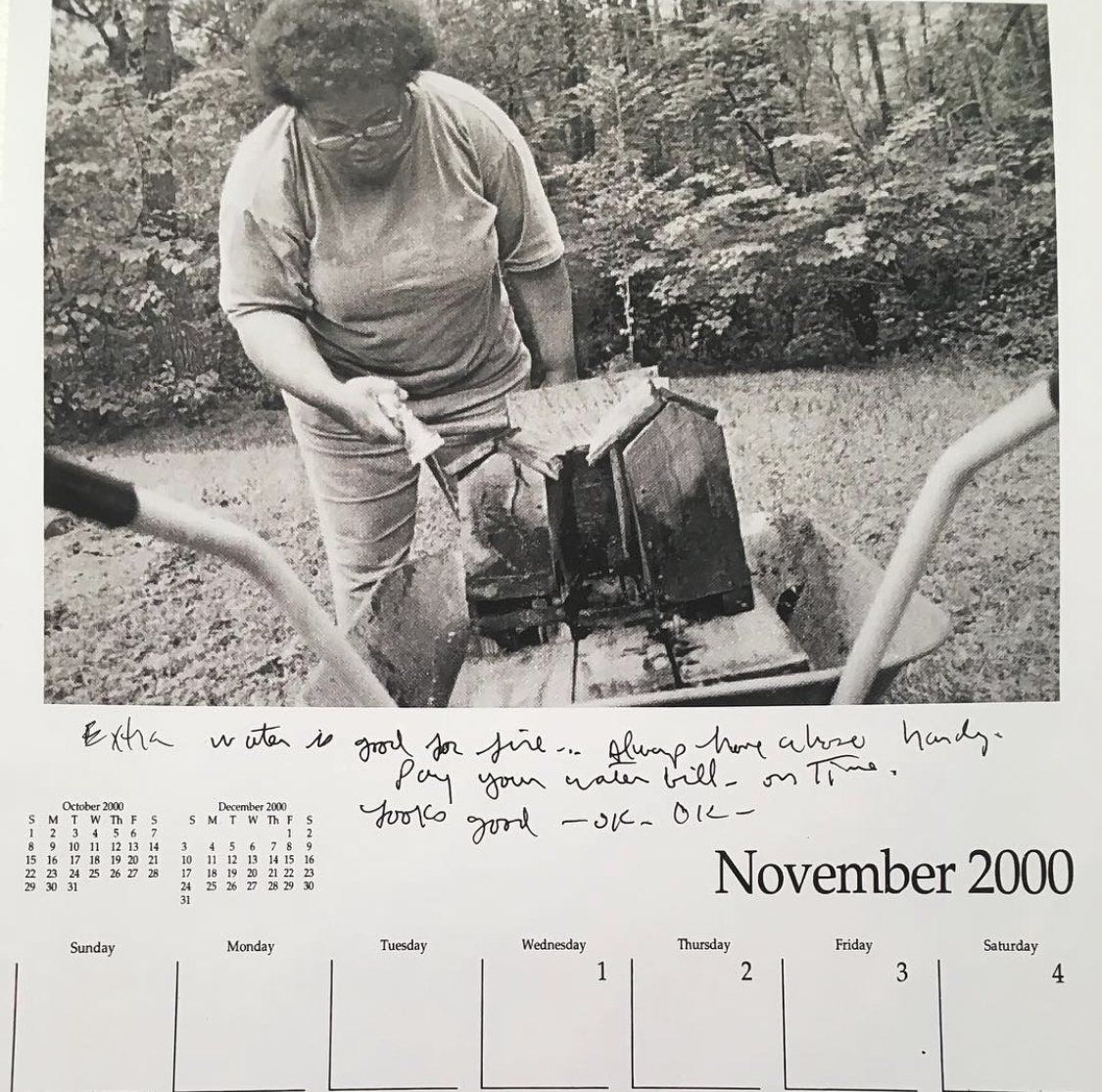
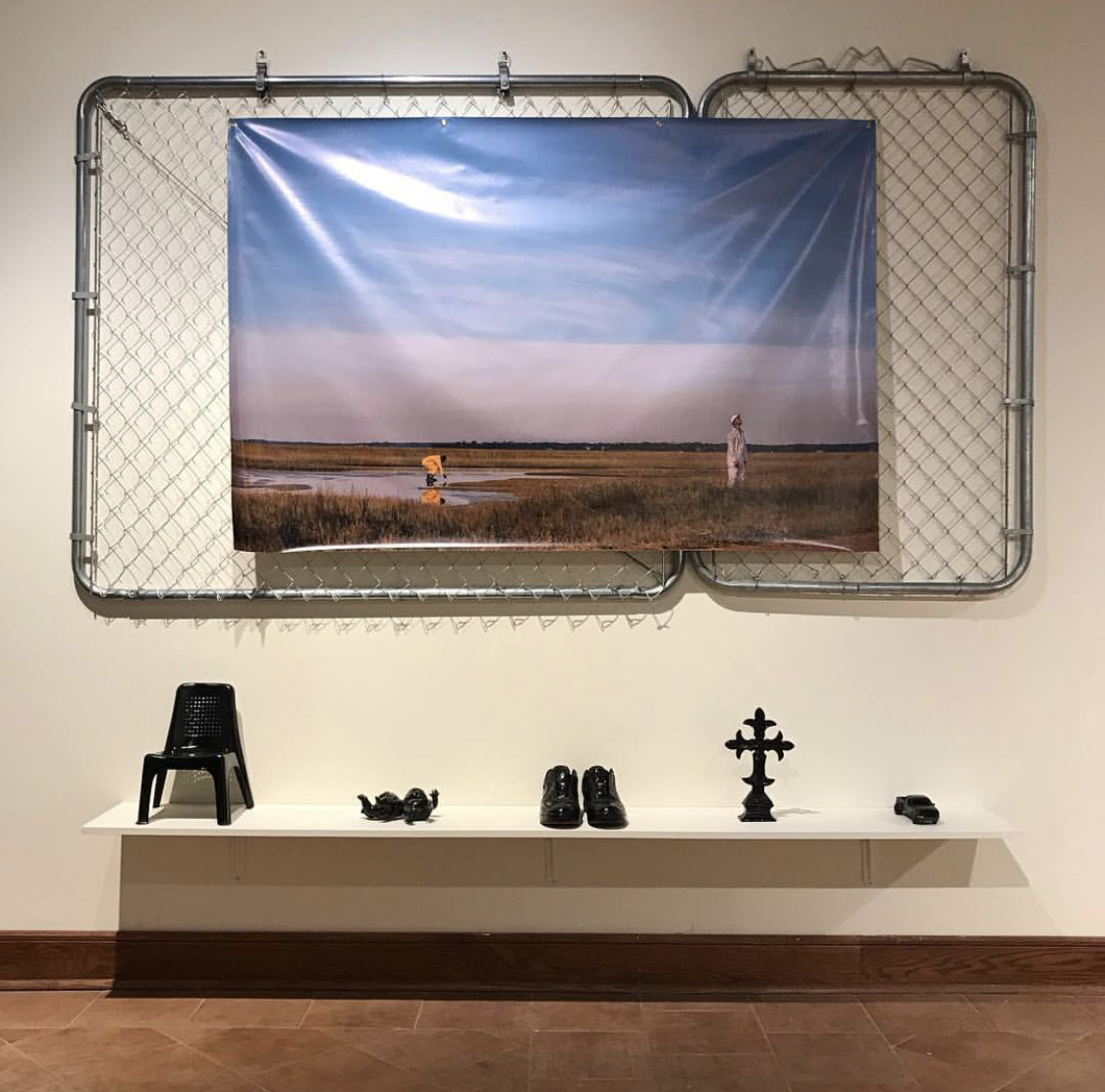
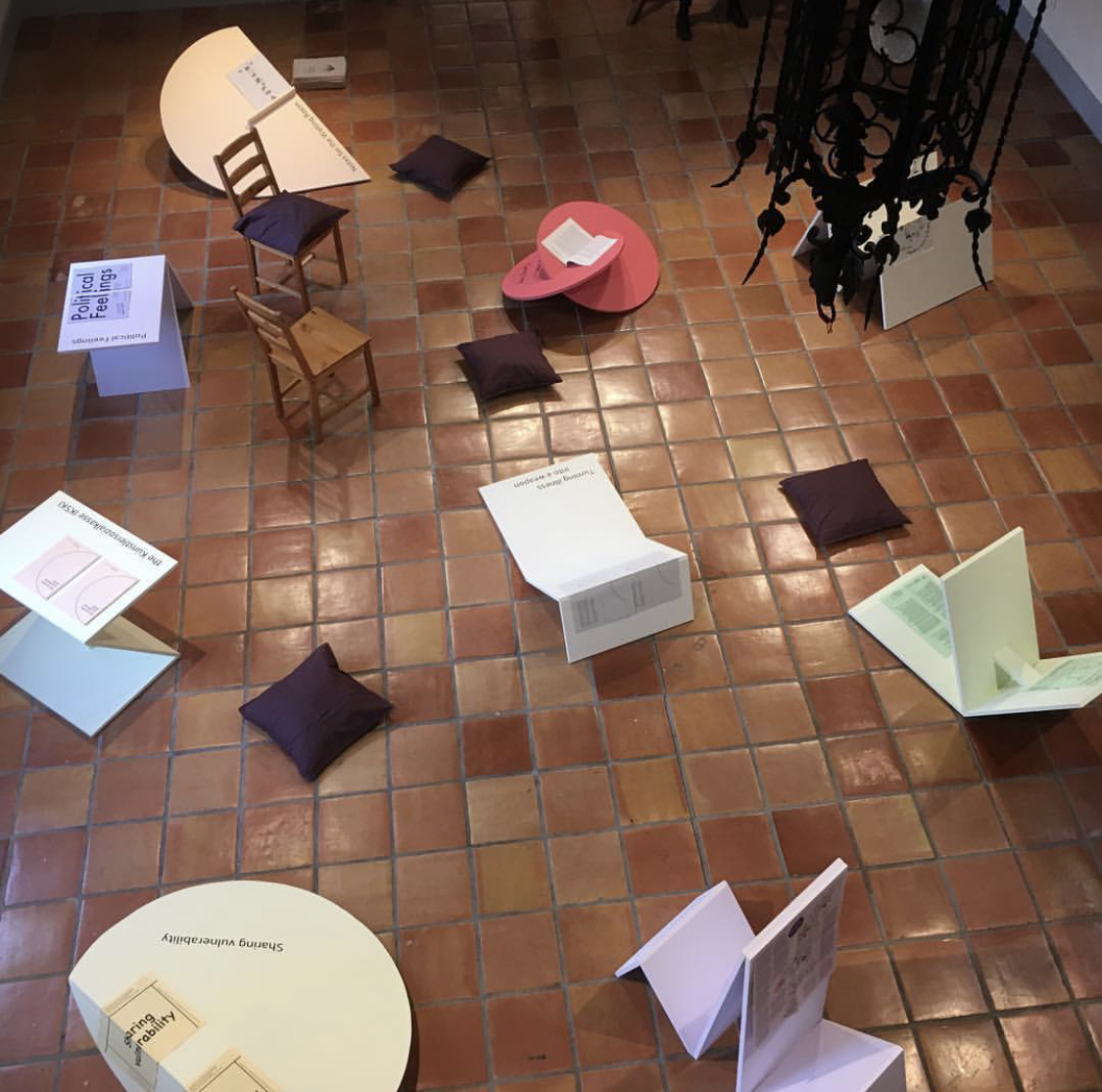
I swear to keep the dead upon my mind,
Disdain for all time to be overglad.
Gwendolyn Brooks, Mentors in “Gay Chaps at the Bar” from A Street in Bronzeville, 1945
Heroic in its ordinariness
Curated by Staci Bu Shea with Julie Dickover
Crisp Ellert Art Museum (CEAM)
January 18–February 21, 2019
A group exhibition with work by Elizabeth Atterbury, Beverly Buchanan, Taraneh Fazeli, Feminist Health Care Research Group, Carolyn Lazard, Redeem Pettaway, Falke Pisano, and Sasha Wortzel.
“Two people together is a work, heroic in its ordinariness,” wrote American poet Adrienne Rich in The Dream of a Common Language. Rich suggests that maintaining interpersonal relationships is an underexplored aspect of life’s persistent work. The energy and effort required to tend to stimulating yet fragile relationships is part of the ongoing work of healing–a process of reconciling with desire and loss that we do with others.
Our lives are spent making sense of our subject and object worlds and undergoing perpetual incarnations, often as a result of new epistemological ways of knowing and living with grief, pain, and shifting power relations. With compromise and acceptance as central tenants, reconciliation is the method by which individual and collective healing may begin. Heroic in its ordinariness asks what methods and values are found between narratives of victimhood and triumph that are nevertheless enduring feats.
The incessant dynamic of ongoing pain, residual anger, and attempts at healing calls to the fore an array of affective and artistic imperatives that give texture to what complex processes of reconciling feel like. This project includes film, sound, performance, sculpture, print, and text to compose a shape of restorative, ritualistic practices of collective healing as well as individual palliative forms. It is informed by performative refusal through counter narratives, mapping material realities of relational lineages through emphasis on environment and artifact, and enacting and documenting accountability in events of relationships. Reconciliation is an irreducible process that unfolds and expands to affect others, often materializing or living on in literature and art. The materials included in Heroic in its ordinariness explore access, support, and redistribution methods as tools for liberation. They furthermore confront legacies of racist violence in the US South through engagement with vernacular architecture, and consider the Florida Everglades in particular as an ongoing archive of post-colonial and environmental struggles. Other works share representational and abstract forms of vital yet fragile bonds within both family and coalition. Finally, the exhibition is accompanied by a letter to art historian and curator Rizvana Bradley, which serves as an epistolary essay about psychosocial processes of reconciliation.
The curator extends a heartfelt thanks to the participants in the exhibition for allowing us to share their work in this form; Julie Dickover for co-manifesting this project; Sarah Langston for graphic design; Courtney Connor for researching through Beverly Buchanan’s archive at Archives for American Art, Smithsonian Institution; Tom Mcelvey for construction; and Rachael Rakes, Park McArthur, Rob Rutenberg, Lotte van der Vleuten, and the team at Casco Art Institute: Working for the Commons for the advice, support, and conversations.
Crisp Ellert Art Museum January–April 2017 artist-in-residence
The exhibition follows the themes of Bu Shea’s residency at Crisp Ellert Art Museum in Spring 2017. The documentary film program they organized titled The shape of my kin networks looks more like a trellis or an esplanade than a tree presented the events of rehearsing for an operetta at La Borde anti-psychiatry clinic, organizing a domestic workers union, and reading Finnegans Wake over and over again for thirty years. Each film emphasized the relations of a specific group working on a single task together and invited guests spoke to the qualities of reproduction and repetition in each. The invited speakers and films included Carolyn Lazard and “Everything Little Thing” by Nicolas Philibert, Rachael Rakes and “Nightcleaners” by Berwick Street Collective, and Dr. Craig Woelfel and “The Joycean Society” by Dora García. The genealogy of inquiry begins with an exhibition about relational affinity curated by Bu Shea titled “Emphasis Repeats” at Hessel Museum of Art, New York.
Curated by Staci Bu Shea with Julie Dickover
Crisp Ellert Art Museum (CEAM)
January 18–February 21, 2019
A group exhibition with work by Elizabeth Atterbury, Beverly Buchanan, Taraneh Fazeli, Feminist Health Care Research Group, Carolyn Lazard, Redeem Pettaway, Falke Pisano, and Sasha Wortzel.
“Two people together is a work, heroic in its ordinariness,” wrote American poet Adrienne Rich in The Dream of a Common Language. Rich suggests that maintaining interpersonal relationships is an underexplored aspect of life’s persistent work. The energy and effort required to tend to stimulating yet fragile relationships is part of the ongoing work of healing–a process of reconciling with desire and loss that we do with others.
Our lives are spent making sense of our subject and object worlds and undergoing perpetual incarnations, often as a result of new epistemological ways of knowing and living with grief, pain, and shifting power relations. With compromise and acceptance as central tenants, reconciliation is the method by which individual and collective healing may begin. Heroic in its ordinariness asks what methods and values are found between narratives of victimhood and triumph that are nevertheless enduring feats.
The incessant dynamic of ongoing pain, residual anger, and attempts at healing calls to the fore an array of affective and artistic imperatives that give texture to what complex processes of reconciling feel like. This project includes film, sound, performance, sculpture, print, and text to compose a shape of restorative, ritualistic practices of collective healing as well as individual palliative forms. It is informed by performative refusal through counter narratives, mapping material realities of relational lineages through emphasis on environment and artifact, and enacting and documenting accountability in events of relationships. Reconciliation is an irreducible process that unfolds and expands to affect others, often materializing or living on in literature and art. The materials included in Heroic in its ordinariness explore access, support, and redistribution methods as tools for liberation. They furthermore confront legacies of racist violence in the US South through engagement with vernacular architecture, and consider the Florida Everglades in particular as an ongoing archive of post-colonial and environmental struggles. Other works share representational and abstract forms of vital yet fragile bonds within both family and coalition. Finally, the exhibition is accompanied by a letter to art historian and curator Rizvana Bradley, which serves as an epistolary essay about psychosocial processes of reconciliation.
The curator extends a heartfelt thanks to the participants in the exhibition for allowing us to share their work in this form; Julie Dickover for co-manifesting this project; Sarah Langston for graphic design; Courtney Connor for researching through Beverly Buchanan’s archive at Archives for American Art, Smithsonian Institution; Tom Mcelvey for construction; and Rachael Rakes, Park McArthur, Rob Rutenberg, Lotte van der Vleuten, and the team at Casco Art Institute: Working for the Commons for the advice, support, and conversations.
Crisp Ellert Art Museum January–April 2017 artist-in-residence
The exhibition follows the themes of Bu Shea’s residency at Crisp Ellert Art Museum in Spring 2017. The documentary film program they organized titled The shape of my kin networks looks more like a trellis or an esplanade than a tree presented the events of rehearsing for an operetta at La Borde anti-psychiatry clinic, organizing a domestic workers union, and reading Finnegans Wake over and over again for thirty years. Each film emphasized the relations of a specific group working on a single task together and invited guests spoke to the qualities of reproduction and repetition in each. The invited speakers and films included Carolyn Lazard and “Everything Little Thing” by Nicolas Philibert, Rachael Rakes and “Nightcleaners” by Berwick Street Collective, and Dr. Craig Woelfel and “The Joycean Society” by Dora García. The genealogy of inquiry begins with an exhibition about relational affinity curated by Bu Shea titled “Emphasis Repeats” at Hessel Museum of Art, New York.